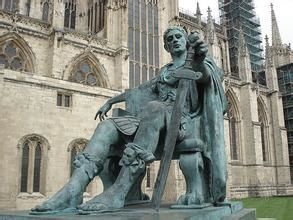It seemed that more Christians were persecuted, even after Diocletian effectively stabilized the Empire, Christians were the official scapegoats for whatever problems remained and there were a lot of them.

Moreover the courage of those martyrs who wouldn't give in won even more converts,











